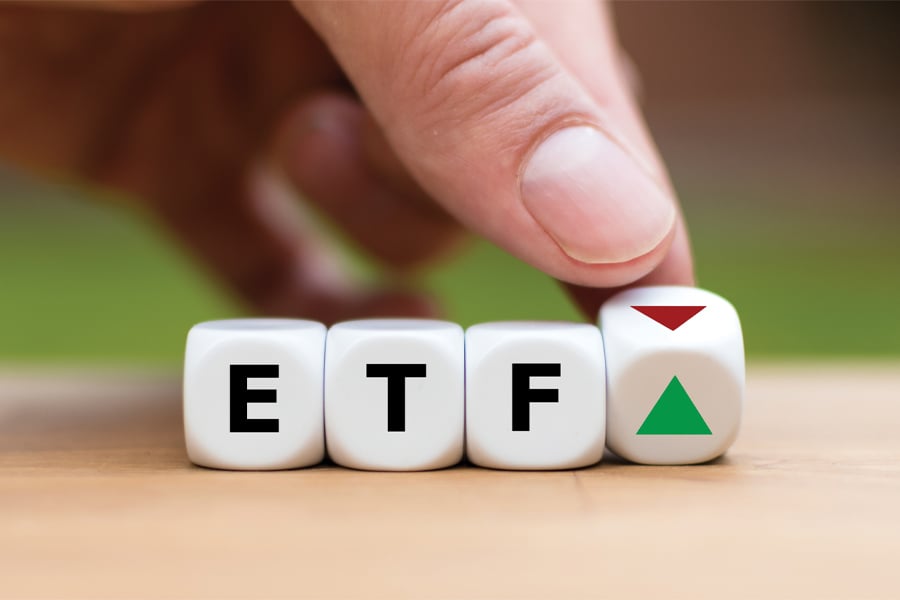

The widespread move to zero-commission trading for exchange-traded funds is likely to increase adviser adoption of this type of fund and spur other changes in adviser practices, a new report from Cerulli Associates finds.
The Boston-based research firm said that with zero-fee trading now the norm among most custodians, advisers’ primary objection to ETF allocations — cost — has been eliminated.
Decreased trading expenses will enable advisers to pursue portfolio objectives once associated with high transaction costs, such as tax-loss harvesting and strategic rebalancing, said Cerulli, which expects advisers to allocate more to ETFs for exposure to niche asset classes.
“For the 51% of advisers who indicate that tax planning is a key service offering, ETFs offer opportunities to minimize tax obligations of their clients,” the firm said in a release.
Cerulli’s research indicates that more than one-quarter (27%) of advisers did not allocate to ETFs in 2019, citing client concern over cost as a primary objection.

While industry statistics pointing to a succession crisis can cause alarm, advisor-owners should be free to consider a middle path between staying solo and catching the surging wave of M&A.

New joint research by T. Rowe Price, MIT, and Stanford University finds more diverse asset allocations among older participants.

With its asset pipeline bursting past $13 billion, Farther is looking to build more momentum with three new managing directors.

A Department of Labor proposal to scrap a regulatory provision under ERISA could create uncertainty for fiduciaries, the trade association argues.

"We continue to feel confident about our ability to capture 90%," LPL CEO Rich Steinmeier told analysts during the firm's 2nd quarter earnings call.
Orion's Tom Wilson on delivering coordinated, high-touch service in a world where returns alone no longer set you apart.
Barely a decade old, registered index-linked annuities have quickly surged in popularity, thanks to their unique blend of protection and growth potential—an appealing option for investors looking to chart a steadier course through today's choppy market waters, says Myles Lambert, Brighthouse Financial.
